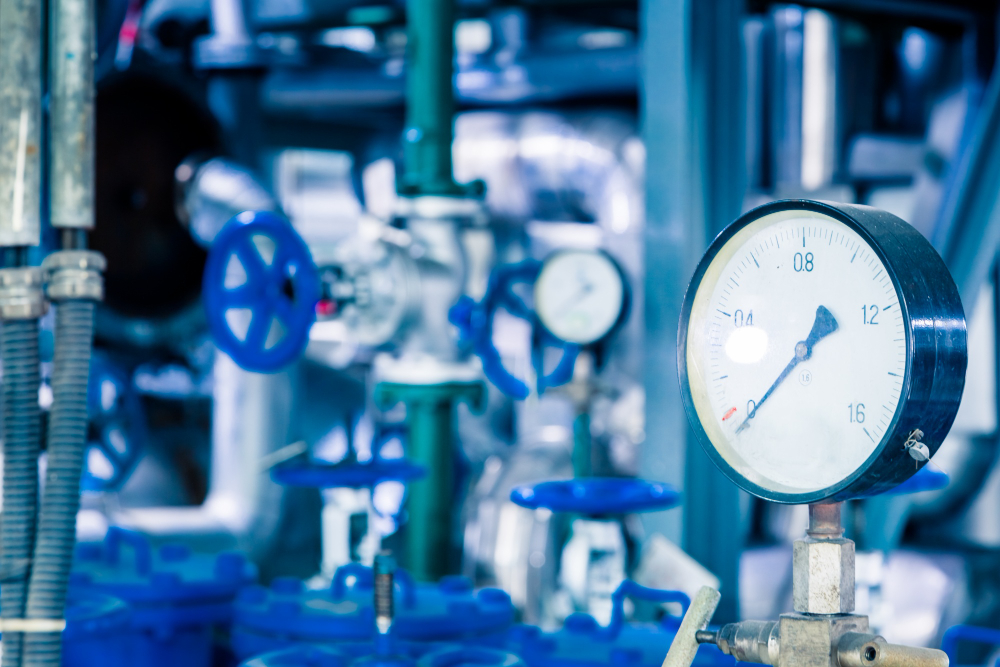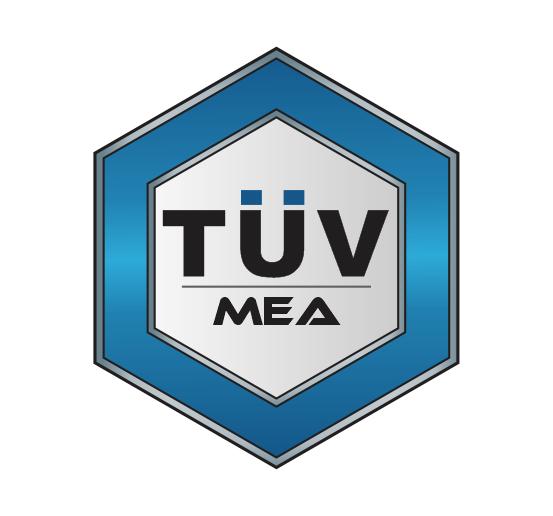Pressure Vessel Inspection
Pressure vessels are containers designed to hold gases or liquids at a pressure substantially different from the ambient pressure. Examples include boilers, storage tanks, and heat exchangers. Pressure vessel inspection is a critical process that involves examining and evaluating these vessels to ensure their safety, integrity, and compliance with regulatory standards. This inspection is essential in preventing potential hazards associated with pressure vessel failures, such as leaks, ruptures, and explosions.

Benefits
The primary goal of pressure vessel inspection is to ensure the safety of personnel and the surrounding environment. Inspection helps identify potential weaknesses, corrosion, or defects that could lead to catastrophic failures, ensuring the integrity of the vessel.
Many industries are subject to stringent regulations governing the design, fabrication, and operation of pressure vessels. Inspection ensures compliance with these regulations, helping organizations meet legal requirements and avoid penalties or legal consequences.
Regular inspections help prevent accidents such as leaks or ruptures that could result in injuries, damage to property, or environmental contamination. Proactive identification and correction of issues reduce the risk of accidents and their associated consequences.
Inspection findings guide maintenance efforts by identifying areas that require attention. This proactive approach allows organizations to plan and execute maintenance activities efficiently, minimizing downtime and avoiding unplanned shutdowns
Timely detection and correction of issues through inspection contribute to the extended life of pressure vessels. Preventing or addressing corrosion, degradation, and other forms of damage ensures that the vessel can operate safely for an extended period.
Early detection of issues allows for cost-effective repairs and maintenance. Preventing major failures or catastrophic events through regular inspections can lead to significant cost savings by avoiding expensive repairs, replacements, or legal consequences.
Pressure vessel inspection is a key component of risk management. Identifying and assessing potential risks associated with pressure vessels enables organizations to implement measures to mitigate these risks and prevent accidents or failures.
Inspection ensures that pressure vessels meet quality standards and specifications. This is crucial in industries where the stored substances have specific purity or quality requirements, such as pharmaceuticals, chemicals, or food and beverage production.
Pressure vessels are valuable assets in industrial operations. Inspection provides data on the condition of these assets, allowing organizations to make informed decisions about their continued use, repair, or replacement, contributing to overall asset integrity management.
Regular pressure vessel inspections demonstrate a commitment to safety, environmental responsibility, and regulatory compliance. This enhances public and stakeholder confidence in the organization's operations and its dedication to protecting the well-being of the community and the environment.
